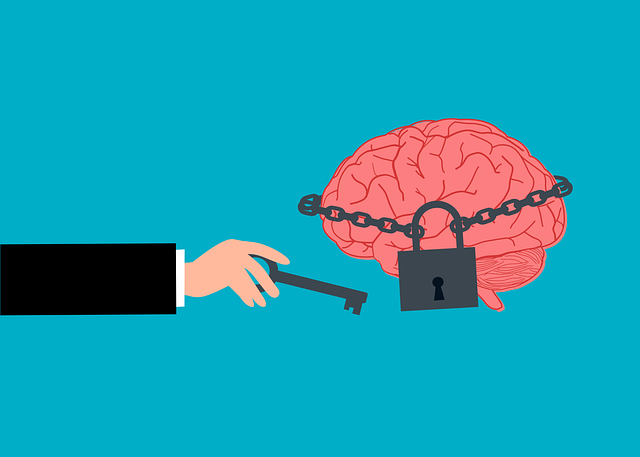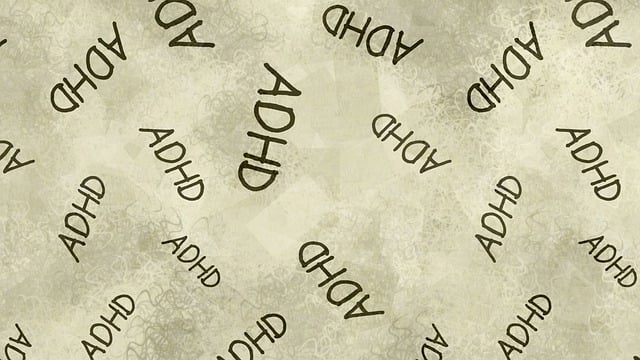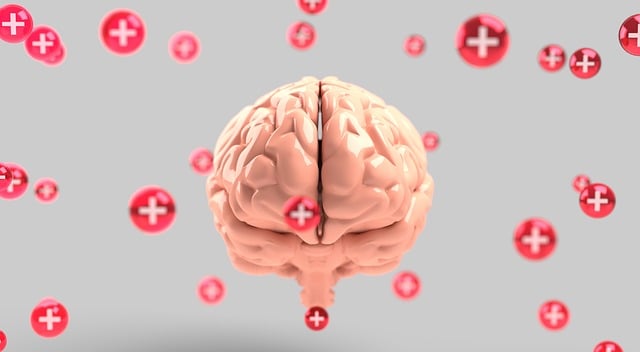Highlands Ranch EMDR Certified Therapy offers a specialized approach to combat substance abuse by focusing on trauma resolution, negative thought patterns, and emotional regulation through Eye Movement Desensitization and Reprocessing (EMDR). This method combines mindfulness meditation with personalized self-care routines, empowering individuals to manage stress and achieve long-term sobriety while enhancing overall mental health. By addressing underlying causes, promoting healthier habits, and building strong support systems, Highlands Ranch EMDR Certified Therapy creates inclusive environments that foster recovery and well-being.
In Highlands Ranch, addressing substance abuse is crucial for a healthier community. This article explores comprehensive risk reduction strategies. We delve into understanding the complexities of substance abuse and its associated dangers, emphasizing the importance of early intervention.
Highlights include the efficacy of EMDR therapy in desensitizing traumatic memories linked to drug use. Additionally, we discuss lifestyle changes, the power of support systems, and community engagement as vital tools for long-term recovery. Discover how these strategies can pave a safer path forward.
- Understanding Substance Abuse and Its Risks
- The Role of EMDR Therapy in Risk Reduction
- Lifestyle Changes for a Safer Future
- Support Systems and Community Engagement
Understanding Substance Abuse and Its Risks

Substance abuse is a complex issue that goes beyond casual experimentation or occasional relapses. It’s characterized by a compulsive use of drugs or alcohol, despite harmful effects on physical and mental health, relationships, and daily functioning. Understanding these risks is the first step towards recovery. The consequences can be severe and far-reaching, impacting not just the individual but also their family and community.
Highlands Ranch EMDR Certified Therapy offers a transformative approach to addressing substance abuse by targeting the underlying trauma and negative thought patterns often associated with it. This therapy method has proven effective in treating depression prevention and promoting better mental health through mindfulness meditation practices. By developing a personalized self-care routine, individuals can learn to manage stress, regulate emotions, and maintain sobriety in the long term.
The Role of EMDR Therapy in Risk Reduction

EMDR Therapy, or Eye Movement Desensitization and Reprocessing, has emerged as a powerful tool in substance abuse treatment, especially in Highlands Ranch EMDR Certified Therapy centers. This innovative approach goes beyond traditional talk therapy by addressing the underlying trauma that often contributes to addictive behaviors. Through a structured eight-phase protocol, EMDR helps individuals process distressing memories, reducing their emotional intensity and associated triggers for substance misuse.
By facilitating communication between the brain’s conscious and unconscious minds, EMDR Therapy enables clients to reframe negative beliefs, promote positive thinking, and enhance mental health awareness. This process encourages self-awareness exercises, helping individuals gain deeper insights into their behaviors and emotions. As a result, EMDR can significantly lower the risk of substance abuse relapse by providing participants with healthier coping mechanisms and improved emotional regulation skills.
Lifestyle Changes for a Safer Future

In the journey towards a safer future free from substance abuse, lifestyle changes play a pivotal role. Highlands Ranch EMDR Certified Therapy emphasizes the power of holistic approaches, addressing not just the symptoms but also the underlying causes. By adopting healthier habits and fostering emotional resilience, individuals can drastically reduce their risks. This includes regular physical activity, which not only improves mental well-being but also serves as a constructive outlet for stress and anxiety.
Cultural sensitivity in mental healthcare practice is another key aspect that contributes to successful risk reduction strategies. Understanding and respecting diverse cultural backgrounds helps create inclusive environments that foster trust and openness. Additionally, Mental Illness Stigma Reduction Efforts are essential in encouraging individuals to seek help without fear of judgment. Through education and awareness campaigns, communities can dispel misconceptions surrounding substance abuse, making it easier for those in need to access the support they require for a brighter, healthier future.
Support Systems and Community Engagement

Building strong support systems is a key strategy in reducing substance abuse risks. Strong social connections and community engagement can offer individuals valuable emotional support and help foster healthier coping mechanisms. In Highlands Ranch, EMDR Certified Therapy has proven effective in assisting those struggling with addiction by addressing underlying trauma and providing tools for stress management. This type of therapy encourages clients to explore their past experiences, process them healthily, and develop more adaptive responses, ultimately reducing the likelihood of substance abuse.
Community engagement can further reinforce these positive changes through public awareness campaigns that destigmatize mental health issues and promote healthy lifestyles. Moreover, healthcare provider cultural competency training plays a vital role in ensuring that individuals from diverse backgrounds receive culturally sensitive care tailored to their unique needs. This holistic approach, combining personal therapy, community support, and education, creates an environment conducive to long-term recovery and overall well-being.
Substance abuse is a complex issue, but with the right strategies, individuals can reduce risks and lead healthier lives. By combining evidence-based therapies like Highland Ranch EMDR certified therapy with meaningful lifestyle changes, support systems, and community engagement, one can effectively navigate the path to recovery and build resilience against substance abuse. These comprehensive approaches empower individuals to take control of their well-being and foster a brighter future.













